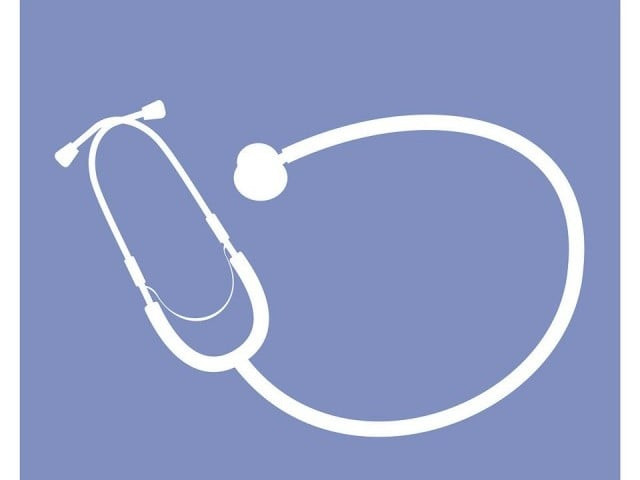Sindh govt to establish its own medical and dental council
The body will be set up to resolve problems that emerged following the dissolution of PMDC, says Pechuho

PHOTO: FILE
She criticised the federal government for dissolving the Pakistan Medical and Dental Council (PMDC) and said the Sindh government aims to set up a separate body in the province to "rid it of the dilemma inflicted by the Centre." The health minister said that dissolution of PMDC has also troubled doctors and [medical] students.
The provincial minister informed the media that the bill for the approval of setting up the SMDC will soon be presented in the assembly.
Drawing attention towards the need for establishing facilities to meet the growing demand of child healthcare, Dr Pechuho said that a bill has been passed for establishing the Sindh Institute of Child Health has been passed. The facility will work to share the increasing burden of patients, most of who are presently catered to by the National Institute of Child Health.
She also stressed the need for parents to get their children vaccinated, so as to ensure that the minors are safeguarded against various diseases. Parents have greatly contributed towards the success of expanded immunsation programmes in various countries, the health minister said, adding that "children are bound to fall sick if they are not vaccinated."
Specifically speaking with regards to the ongoing Typhoid Conjugate Vaccination (TCV) campaign, Dr Pechuho said the health department received vaccines for around 10 million children, of whom 9.4 million have been vaccinated. She said the campaign has been extended and vaccination centres have been set up at the hospitals to ensure full coverage. "We have made the TCV campaign a part of the routine immunisation in order to curb the spread of typhoid," she added. Dr Pechuho assured that the government will take measures for ensuring the availability of TCV at public hospitals.
The health minister also apprised media person of the details pertaining to the availability of anti-rabies vaccine (ARV) in the province. As many as 2,044 doses of ARV are available at the Indus Hospital in Badin and medical superintendent of every hospital has been provided funds for procuring the vaccine, she said. In addition, the local government has also launched a campaign to neuter and vaccinate dogs, said Dr Pechuho.
She further informed the media that the provincial government plans to begin a project for treating hepatitis C. Providing details of the project, she said the project will be based in Larkana, where patients will be screened and treated for the disease. "We want the project to be community based, which requires massive investment," the provincial minister said, adding that if successful, it will be extended to other districts of the province.
The health minister also spoke about the dengue control programme launched by the Sindh government, saying that it is being run on a small scale and includes raising awareness and fumigation. She said it is local government's responsibility to run the programme, adding that the provincial health department tasks relate to providing treatment while tasks pertaining to prevention and control are to be performed by the public health department and the local government.
Acknowledging that numerous dengue cases have been reported from Sindh, Dr Pechuho said the government aims to devise an effective strategy for controlling the spread of the disease and expressed hope that less number of dengue cases are reported next year, after the strategy is implemented.
Child life Foundation CEO Ahsan Rabbani also spoke on the occasion. He stressed the need to address the issue of pneumonia, stating that the disease is the primary cause of child mortality and claims the lives of around 72,000 children, under five years of age, every year.
Published in The Express Tribune, December 5th, 2019.

















COMMENTS
Comments are moderated and generally will be posted if they are on-topic and not abusive.
For more information, please see our Comments FAQ